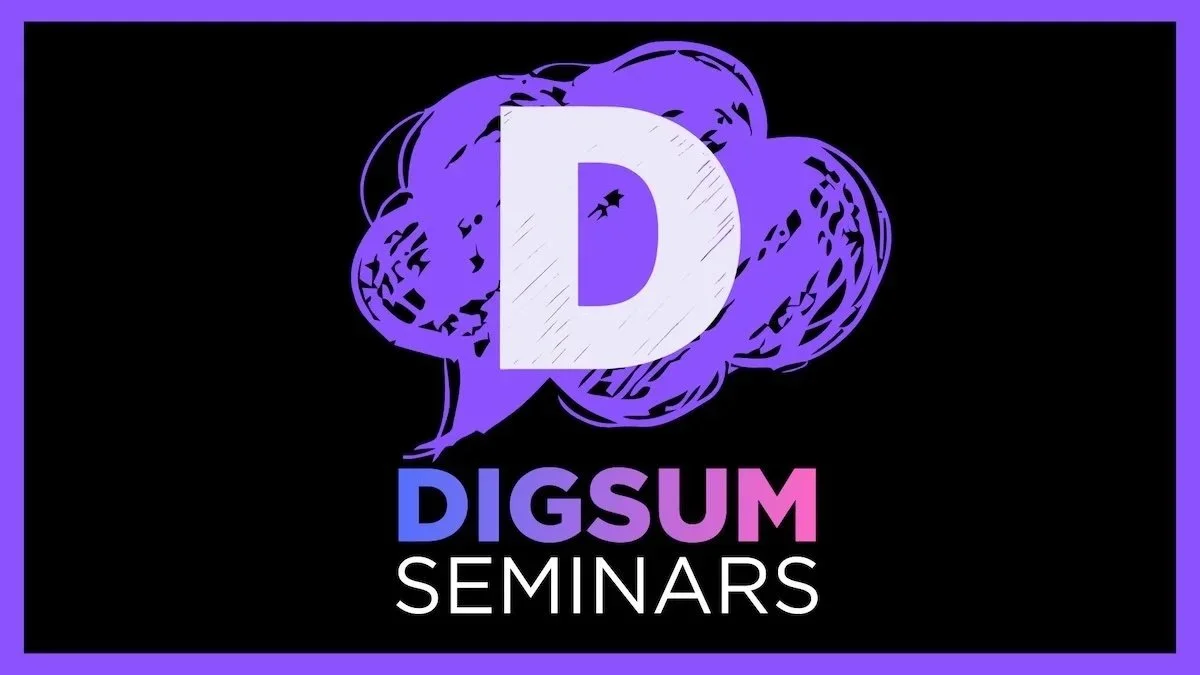🔥 📚 🐢 💡 🍕 🏛️ 🎧 🌿 🚀 🧠 🕰️ 🐦 💻 🍎 🗺️ 🎯 🧩 🛠️ 🌙 📦 🐬 ☕ ⚙️ 🏠 🎸 🌧️ 🧪 🚗 🍺 📎 🐝 🎨 🧭 🌊 📱 🏦 🍪 🐘 🖥️ 🪜 🎁 🌸 📐 🚲 🧬 🍿 🏗️ 🐙 🔍 🍳 🛒 🏋️ 🐟 📊 🌈 🧯 🍷 🏟️ 🧵 🐱 ⏳ 🎲 🪑 🍌 🏥 🔋 🐞 📰 🎂 🧹 🐊 🧮 🎮 🌵 📌 🚢 🧃 🐌 🏭 📘 🪣 🎈 🌲 🛏️ 🐠 🖨️ 🍞 🏫 🧷 🐧 ⚖️ 🎻 🌞 🧾 🚴 🍫 🐜 🗞️ ⌛ 🎹 🌍 🔌 🐴 🍝 🏢 🪛 🐼 📖 🌬️ 🎥 🛋️ 🐛 💰 🍒 🏊 🧺 📏 🌋 🎊 🐨 🧲 🏧 🍵 🐍 🧪 🪟 📕 🌾 🚆 🐑 🎯 🧃 🏝️ 🧠 🛞 📺 🌠 🐔 🧬 🍠 🏗️ 🪡 📂 🌪️ 🎨 🐳 🧾 🍓 🏛️ 🧯 📎 🌑 🐐 💳 🏗️ 🧭 🍤 🐚 📅 🏺 🌳 🎬 🐡 🧵 🍚 🏜️ 📀 🧰 🐓 🌊 🧮 🍋 🏙️ 📍 🐖 🎭 🌒 🧃 🏹 🐄 📓 🍥 🏔️ 🧠 🔦 🐏 🍰 📡 🌼 🐕 🧪 🏗️ 🍜 📁 🌫️ 🐃 🎼 🧯 🍉 🏞️ 📠 🌺
🔥 📚 🐢 💡 🍕 🏛️ 🎧 🌿 🚀 🧠 🕰️ 🐦 💻 🍎 🗺️ 🎯 🧩 🛠️ 🌙 📦 🐬 ☕ ⚙️ 🏠 🎸 🌧️ 🧪 🚗 🍺 📎 🐝 🎨 🧭 🌊 📱 🏦 🍪 🐘 🖥️ 🪜 🎁 🌸 📐 🚲 🧬 🍿 🏗️ 🐙 🔍 🍳 🛒 🏋️ 🐟 📊 🌈 🧯 🍷 🏟️ 🧵 🐱 ⏳ 🎲 🪑 🍌 🏥 🔋 🐞 📰 🎂 🧹 🐊 🧮 🎮 🌵 📌 🚢 🧃 🐌 🏭 📘 🪣 🎈 🌲 🛏️ 🐠 🖨️ 🍞 🏫 🧷 🐧 ⚖️ 🎻 🌞 🧾 🚴 🍫 🐜 🗞️ ⌛ 🎹 🌍 🔌 🐴 🍝 🏢 🪛 🐼 📖 🌬️ 🎥 🛋️ 🐛 💰 🍒 🏊 🧺 📏 🌋 🎊 🐨 🧲 🏧 🍵 🐍 🧪 🪟 📕 🌾 🚆 🐑 🎯 🧃 🏝️ 🧠 🛞 📺 🌠 🐔 🧬 🍠 🏗️ 🪡 📂 🌪️ 🎨 🐳 🧾 🍓 🏛️ 🧯 📎 🌑 🐐 💳 🏗️ 🧭 🍤 🐚 📅 🏺 🌳 🎬 🐡 🧵 🍚 🏜️ 📀 🧰 🐓 🌊 🧮 🍋 🏙️ 📍 🐖 🎭 🌒 🧃 🏹 🐄 📓 🍥 🏔️ 🧠 🔦 🐏 🍰 📡 🌼 🐕 🧪 🏗️ 🍜 📁 🌫️ 🐃 🎼 🧯 🍉 🏞️ 📠 🌺
DIGSUM is an interdisciplinary academic research centre for the study of the relationship between digital technology and society at Umeå University.
Archive
- January 2026
- December 2025
- November 2025
- June 2025
- March 2025
- February 2025
- January 2025
- December 2024
- November 2024
- October 2024
- September 2024
- June 2024
- May 2024
- April 2024
- March 2024
- February 2024
- January 2024
- November 2023
- October 2023
- September 2023
- July 2023
- June 2023
- April 2023
- March 2023
- February 2023
- January 2023
- December 2022
- November 2022
- October 2022
- June 2022
- March 2022
- February 2022
- January 2022
- November 2021
- October 2021
- May 2021
- April 2021
- March 2021
- February 2021
- January 2021
- November 2020
- October 2020
- August 2020
- April 2020
- November 2019
- October 2019
- September 2019
- May 2019
- December 2018
- November 2018
- January 2018
- November 2017
- May 2017
- February 2017
- January 2017
- December 2016
- October 2016





















